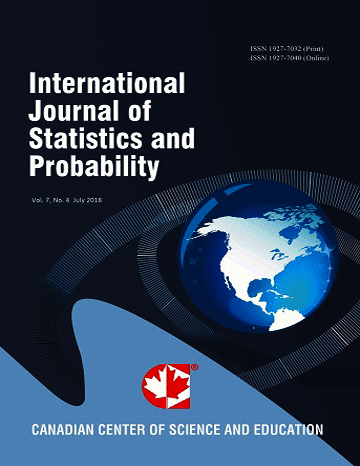A Bayesian Regression Model for Estimating Average Daily Traffic Volumes for Low Volume Roadways
- Mehrnaz Doustmohammadi
- Michael Anderson
Abstract
Common Average Daily Traffic (ADT) estimation models use Linear Regression and a collection of socio-economic and roadway variables. While linear regression is widely understood, it is not always optimal for developing prediction models as the regression techniques don’t have the ability to account for data distributions, or variability of the point estimates. To overcome this limitation, this paper presents a study that utilizes a Bayesian Regression model to develop a model to estimate ADT values for low volume roadways. The need for ADT estimates is critical as roadway traffic counts are the backbone of maintenance, safety and construction designs. While significant investment is made in collecting ADT values for higher functionally classified and high volume roadways, low volume roadways are often neglected in the traffic count program due to budget limitations and the misguided notion that there is limited return on investment in counting these facilities. This research developed a technique to estimate ADT for local roads in Alabama incorporating variables used in previous studies and a Bayesian Regression model. The final Bayesian Regression model relies on four independent variables: number of households in the area, employment in the area, population to job ratio and access to major roads. The model was used to generate ADT estimates on low-volume rural, local roads for 12 counties in Alabama. The paper concludes that the model can be used to predict the ADT for low-volumes roadways in Alabama for future applications.
- Full Text:
 PDF
PDF
- DOI:10.5539/ijsp.v8n1p143
Index
- ACNP
- Aerospace Database
- BASE (Bielefeld Academic Search Engine)
- CNKI Scholar
- DTU Library
- Elektronische Zeitschriftenbibliothek (EZB)
- EuroPub Database
- Excellence in Research for Australia (ERA)
- Google Scholar
- Harvard Library
- Infotrieve
- JournalTOCs
- Mir@bel
- Open policy finder
- ResearchGate
- Technische Informationsbibliothek (TIB)
- UCR Library
- WorldCat
Contact
- Wendy SmithEditorial Assistant
- ijsp@ccsenet.org
